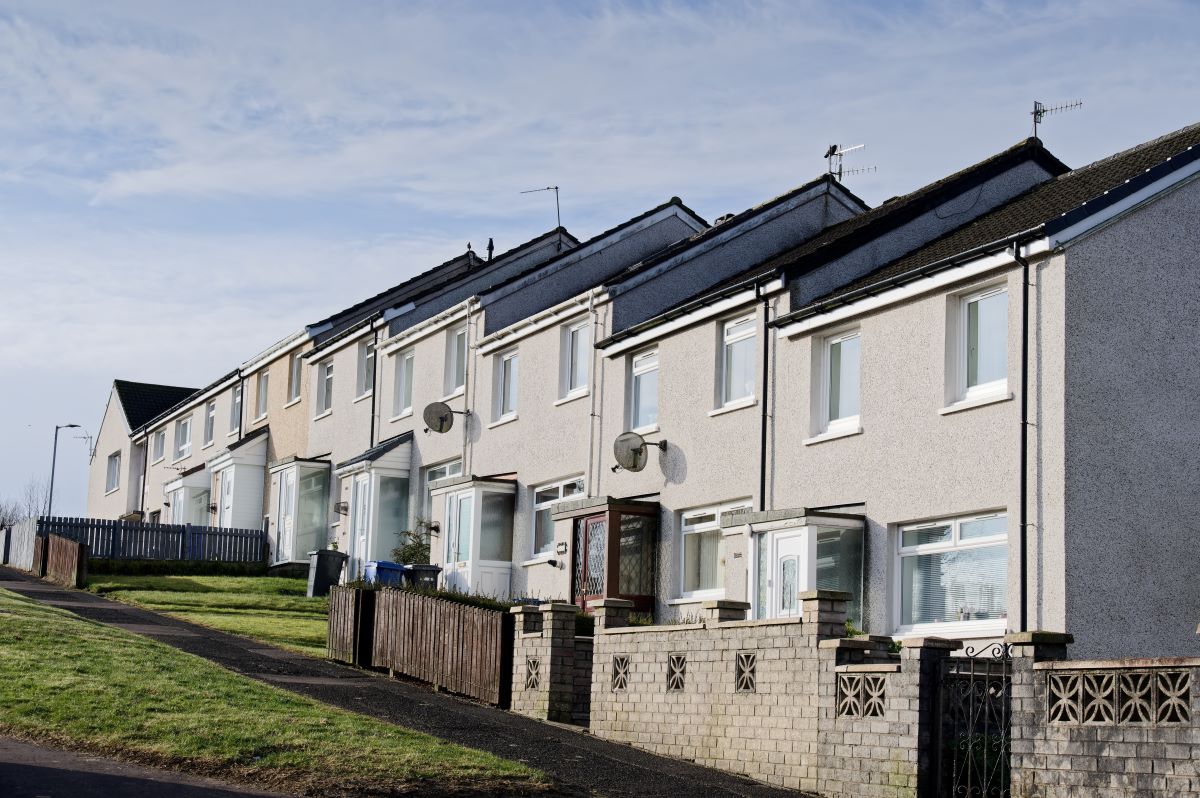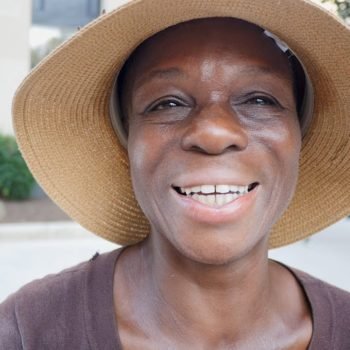A pair of lawmakers in New York have introduced a bill that would create a new social housing development authority to help the state address its shortage of affordable housing.
Bill No. A09088 was introduced on Feb. 6 by Sen. Cordell Cleare, a Democrat from Harlem, and Assembly Member Emily Gallagher, a Democrat from Queens. If passed, it would establish “the New York State Social Housing Development Authority as a public benefit corporation to increase the supply of permanently affordable housing in the state through the acquisition of land and renovation or rehabilitation of existing real property, and through the construction of new, permanently affordable housing,” according to the bill’s text.
It follows similar efforts to create a social housing authority in places like Rhode Island, Atlanta, Georgia, and Montgomery County, Maryland. The idea borrows heavily from public housing developments that governments built decades ago, which were designed to provide affordable housing options at below-market rates. However, supporters of the bill say several key differences are meant to help protect low-income earning renters from being abused by landlords.
“What we’ve condemned people to here in New York is if you aren’t a top earner, you don’t get to have very much dignity or pleasure because you are giving 60 percent of your income to your housing costs,” Gallagher told City and State NY. “That means you can barely make a nice meal for yourself, you can barely keep the lights on. That’s not acceptable.”
Social housing isn’t new in the U.S., but it has gained traction over the last couple of years as nearly every local housing market saw steep home prices and rent increases.
Data from Harvard’s Joint Center for Housing Studies found that 42 million households were cost-burdened in 2022. That means the households paid at least 30% of their income on housing and utility costs. That total represents an increase of nearly five million households since 2019, before the pandemic began.
The rising number of cost-burdened households is also happening at a time when homelessness is increasing across the U.S.
The latest Point in Time Count figures from the U.S. Department of Housing and Urban Development show that more than 653,000 people experienced homelessness in 2023, which represents an increase of 12% year-over-year.
To address these issues, local governments have issued several incentives to spur affordable housing development. However, the results of those efforts won’t be seen for several years.
Supporters of the New York bill argue that creating a social housing development agency could help increase the number of available homes when many developers struggle with high interest rates. Paul Williams, who leads the Center for Public Enterprises, a nonprofit that advises governments on creating housing programs, is one of those supporters.
“The failures of the old programs left a bad taste in people’s mouth,” Williams told The New York Times. “As these agencies have come up with creative tools that don’t face those issues, they’ve created this opportunity to spread a new kind of program.”
Despite the bill’s support, there are open questions about whether a public social housing developer can help cities alleviate their affordable housing woes.
Seattle, Washington, has had a social housing development agency since 2023, but the agency has been fighting uphill budget battles since it was created.
Meanwhile, Seattle is funding fewer affordable housing projects than in previous years, the Seattle Times reported. Seattle’s Office of Housing said on Feb. 7 that it will fund four new affordable housing projects with a total of $53.3 million. For comparison, the city awarded $147 million to 12 projects in 2023.
“The post-pandemic situation has been really difficult,” Sharon Lee, executive director of the Low Income Housing Institute, told the Seattle Times.
How You Can Help
Now is not the time to be silent about homelessness in New York or anywhere else. Unhoused people deserve safe and sanitary housing just as much as those who can afford rent or mortgage.
Poverty and homelessness are both policy choices, not personal failures. That’s why we need you to contact your officials and tell them you support legislation that:
- Streamlines the development of affordable housing
- Reduces barriers for people experiencing homelessness to enter permanent housing
- Bolsters government response to homelessness
Together, we can end homelessness.













